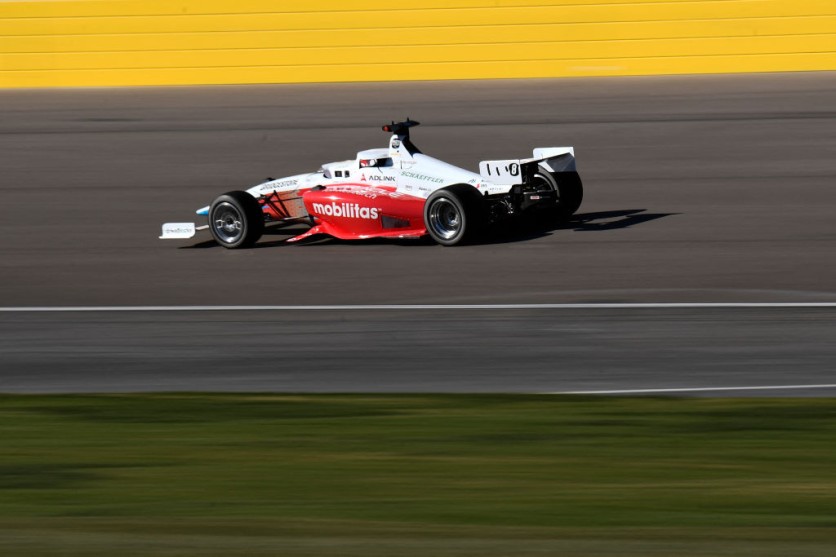The Sunswift 7 solar-powered electric vehicle from the University of New South Wales set a Guinness World Record by traveling 620 miles (1000 kilometers) on a single charge in less than 12 hours.
The car, which was built by students at the Australian Automotive Research Centre (AARC) in Wensleydale, Victoria, posted a certified time for the distance of 11 hours 52.08 minutes, according to the university's press release.

"Fastest EV"
The Sunswift Racing team set the record for the "Fastest EV over 1000km on a Single Charge", which translates to an average speed of about 85 km/h.
A few days later, the formal recognition-along with a Guinness World Records certificate was given following the evaluation and approval of timing data and vehicle telemetry data by a team of specialists.
Sunswift Team Manager Andrea Holden said that they started building the car two years ago during the COVID-19 lockdown. Holden notes that the project was challenging but the world record is a validation of all their hard work.
The Sunswift 7 weighs only 500 kg or roughly one-fourth of a Tesla due to its aerodynamic design. The team claims that the EV has an excellent motor and drive chain efficiency and exceptionally rolling low instance.
The attempt to break the record wasn't without incident; at one point, a battery management problem brought the car to a total stop.
It took the crew 14 minutes and 52 seconds to remedy the issue and go back onto the course, which almost breached the event's rule that Sunswift 7 must not be stationary for longer than 15 minutes at a time.
To beat the record, Sunswift 7 ran 240 laps on the AARC Highway Circuit, which is more than the distance from Sydney to Melbourne. The vehicle only stopped to allow for driver changes every several hours, one tire replacement due to a puncture, and battery management maintenance.
Read Also : Singaporeans Will Now Be Able to Check the Real-Time Availability of EV Charging Ports Through a Mobile App
"It is Possible"
The team's principal, Professor Richard Hopkins, said that the record signifies the possibilities that the automotive field can achieve. He also won F1 world titles as Head of Operations at Red Bull and counts the new record as one of his greatest achievements too.
Prof. Hopkins also noted that this record's energy consumption was only 3.8 kWh/100km, in contrast to what he claims are the "most efficient EVs" that can only manage a rating of 15kWh/100km and an average of 20kWh/100km.
"Sunswift 7 isn't a production car of the future, since we've compromised on comfort and the cost is prohibitive. But we have shown that if you want to make cars more efficient, more sustainable, more environmentally friendly, then it is possible," Prof. Hopkins said in a statement.
Read also: Squad Solar Electric City Car to Launch in US: Why the Vehicle Is Good for the Environment

ⓒ 2026 TECHTIMES.com All rights reserved. Do not reproduce without permission.




